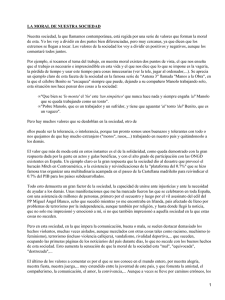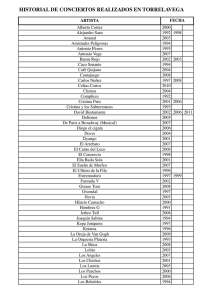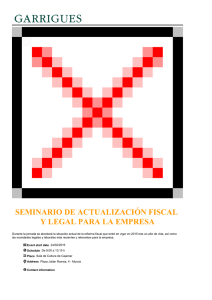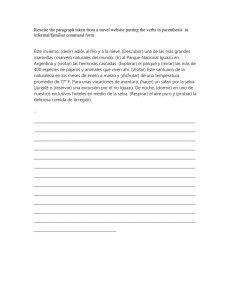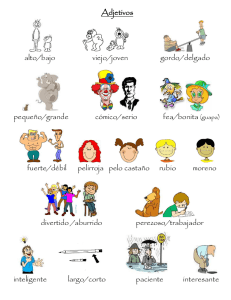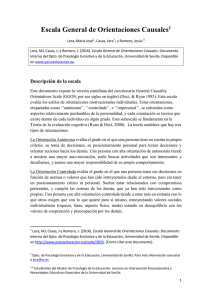APUNTES: SER YE - Methacton School District
Anuncio
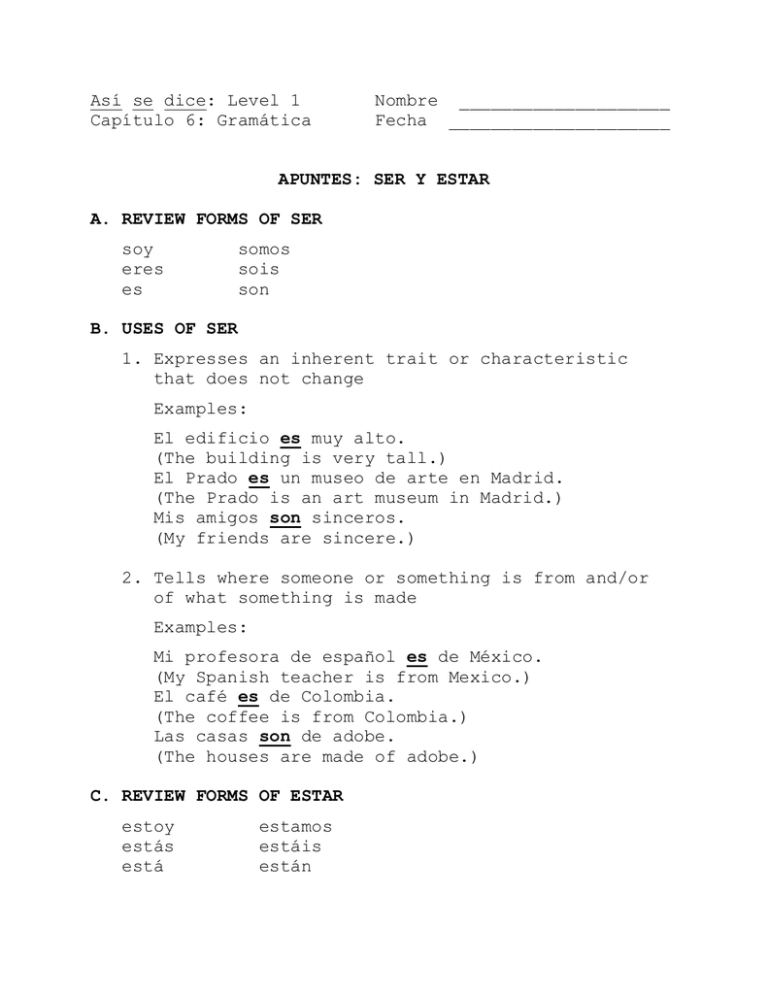
Así se dice: Level 1 Capítulo 6: Gramática Nombre ____________________ Fecha _____________________ APUNTES: SER Y ESTAR A. REVIEW FORMS OF SER soy eres es somos sois son B. USES OF SER 1. Expresses an inherent trait or characteristic that does not change Examples: El edificio es muy alto. (The building is very tall.) El Prado es un museo de arte en Madrid. (The Prado is an art museum in Madrid.) Mis amigos son sinceros. (My friends are sincere.) 2. Tells where someone or something is from and/or of what something is made Examples: Mi profesora de español es de México. (My Spanish teacher is from Mexico.) El café es de Colombia. (The coffee is from Colombia.) Las casas son de adobe. (The houses are made of adobe.) C. REVIEW FORMS OF ESTAR estoy estás está estamos estáis están D. USES OF ESTAR 1. Expresses a temporary state, emotion or condition Examples: Yo estoy muy cansada hoy. (I am very tired today.) Mariana, ¿por qué estás nerviosa? (Mariana, why are you nervous?) El agua está fría. (The water is cold.) 2. Expresses where someone or something is located It is important to remember that estar expresses both temporary and permanent location. Examples: Los alumnus no están en la escuela hoy. (The students aren’t in school today.) Madrid está en España. Está en el centro. (Madrid is in Spain. It is in the center.) Mi amiga y yo estamos en el hospital. (My friend and I are in the hospital.) E. USE OF BOTH VERBS WITH THE SAME ADJECTIVE You can often use either ser or estar depending upon what you mean to say. Note the different message in the following: Examples: Manolo es agresivo. (Manolo is an aggressive type of person.) Manolo está muy agresivo. (Manolo is acting in an aggressive manner.) Carolina y tú sois obstinados. (Carolina and you are the obstinate type.) Carolina y tú estáis muy obstinados. (Carolina and you are acting very obstinate.)
